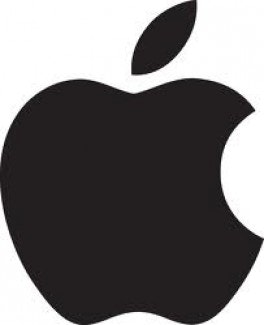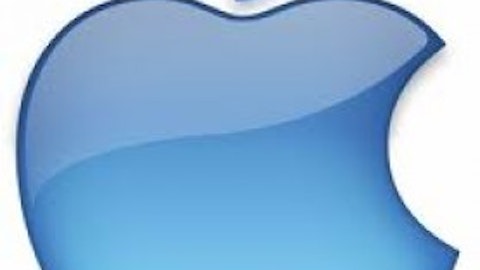
Apple Inc. (NASDAQ:AAPL)’s brand is arguably the strongest in the world and, more importantly, the secret behind its immense success – not innovation as many would want to believe. Once you get converted to an Apple Inc. (NASDAQ:AAPL) lover, you hardly ever go back.
Why does Apple Inc. (NASDAQ:AAPL) work with small numbers? Small numbers not only minimize alarming complaints, but they are also easy to control. Better still, small groups are willing to pay any amount to be different from the ‘rest.’ That explains why Apple, despite its relatively small global footprint in both the smartphone and PC segment, posts impressive profits. Its price points make up for what it doesn’t have in numbers. In addition, the small numbers make it easier for Apple to rank top in customer experience. After all, it’s easier to impress a small group of people with overlapping interests (exclusivity, coolness and class) than it is a crowd.
A recent Temkin Experience Ratings pegged Apple as the top brand among computer companies. Apple’s 64% rating rode on emotional scores and accessible scores, which shows how easy a brand is to work with.
Most defendable brand?
Assuming that the iOS 7 doesn’t count as a product launch, we can comfortably say that Apple has had zero product launches ever since the iPhone 5. But still, loyalists hold on. Worse still, the company has been hit by scandal after scandal and still suffers no significant customer exodus. There is in fact a high probability that the iPhone 6, when launched, will post incredible results. Just wait and see.
Looking at the things that Apple has weathered, there is no debate as to whether Apple has the most defendable brand.
Apple’s recent E-Book scandal revealed that it was ripping off its customers; at least, that’s what the U.S Judicial system affirmed. The $2 to $3 it made on each book sold over a three day period in 2010 rolled into millions of dollars. And even as Apple comes out to refute the ruling through an appeal, Apple lovers still remain loyal.
Apple simply did smart business with the eBooks. It knows that the digital marketplace is a black box for most end consumers. They just know what goes in and what comes out. Everything in between is blurred. As a company, Apple did the only rational thing and capitalized on ignorance.
At the end, you will find that the legal implications of its actions constitute only a fraction of the total haul. After all, the money in Apple’s Braeburn hedge fund, which was confirmed to be the biggest globally as of June 2012 with $117 billion under management, doesn’t fall out of the sky.
In an even more recent survey, Apple emerged as the top brand in the U.K. In fact, three other of its products popped up in the top ten: the iPhone at number 2, iTunes at number 6 and the iPad at number 8. This happened even as Apple’s U.K. tax avoidance debacle remains freshly imprinted in the minds of U.K. consumers.
If this is not an example of a defendable brand, I don’t know what is.
Higher innovation among competitors but nothing to show for it
Those who still think Apple is where it is primarily because of innovation should take a look at Sony Corporation (ADR) (NYSE:SNE)’s range of smartphones.
From a strict tech standpoint, the Sony Corporation (ADR) (NYSE:SNE) Xperia Z is on many counts better than the iPhone 5. The waterproof feature is indeed a work of innovation. But does Sony Corporation (ADR) (NYSE:SNE) have any solid sales to compliment this splendid piece of innovation? Not at all.





